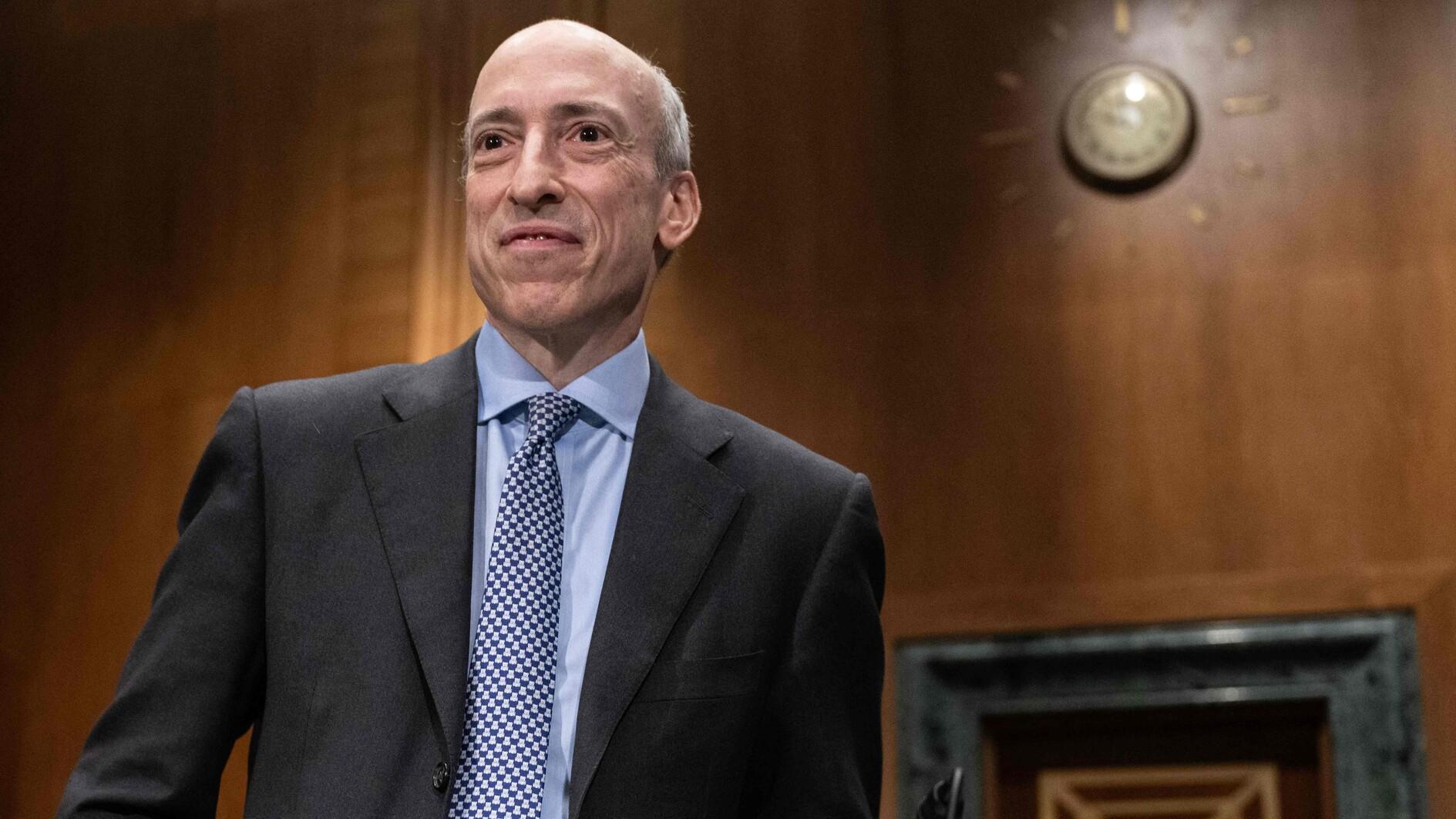Russia defies world leaders over Syria
ENNISKILLEN, Northern Ireland

U.S. President Barack Obama (L) meets with Russian President Vladimir Putin during the G8 Summit at Lough Erne in Enniskillen, Northern Ireland June 17, 2013. REUTERS photo
Moscow, Syria’s staunch ally, has once again defended the embattled President Bashar al-Assad and said the G-8 summit’s joint statement on ending the Syrian civil war would not mention whether al-Assad must step down from power as part of any peace settlement.Russian Deputy Foreign Minister Sergei Ryabkov told reporters the eight nations have agreed they should not specify any outcome from peace talks that all agree should start soon in Geneva.
Ryabkov said the talks should aim to create a transitional coalition government for Syria, but should not predetermine whether al-Assad can participate in that government.
“It would be wrong and harmful and violate the political balance,” he said. “We cannot dictate to the participants in the process how it’s going to end, otherwise it makes no sense to even start it.” The formal Syria declaration was expected later yesterday when the Daily News went to press after leaders of all eight G-8 members discussed the Syrian impasse over dinner June 17 night.
Meanwhile, a source familiar with the talks said the peace conference is unlikely to take place before August. “You’re close to a seven to one position on Syria and clearly (Vladimir) Putin doesn’t hold back with his views,” the source said, saying a peace conference in Geneva was unlikely to take place in July.
Faceoff with Obama
Ryabkov also dismissed Western claims that al-Assad’s forces used chemical weapons as unproven, and said they require further investigation. “We cannot agree to biased interpretations and groundless claims that the government of Syria has used chemical weapons,” he said. On June 17, U.S. President Barack Obama sparred with Putin over how to end the war in Syria during an icy encounter.
Speaking after talks with Obama, Putin said Moscow and Washington had differing views over Syria but agreed the bloodshed must stop and that the warring parties should be brought to the negotiating table.
“Our positions do not fully coincide, but we are united by the common intention to end the violence, to stop the number of victims increasing in Syria, to resolve the problems by peaceful means, including the Geneva talks,” Putin said.
“We agreed to push the process of peace talks and encourage the parties to sit down at the negotiation table, organize the talks in Geneva.”
Speaking alongside Putin after their first face-to-face meeting in a year, Obama said the two men had different views on Syria but shared an interest in stopping violence and ensuring chemical weapons were not used. “With respect to Syria, we do have differing perspectives on the problem but we share an interest in reducing the violence and securing chemical weapons and ensuring that they’re neither used nor are they subject to proliferation,” Obama said.
He added the two leaders had instructed their teams to work on a peace conference about Syria in Geneva.
















